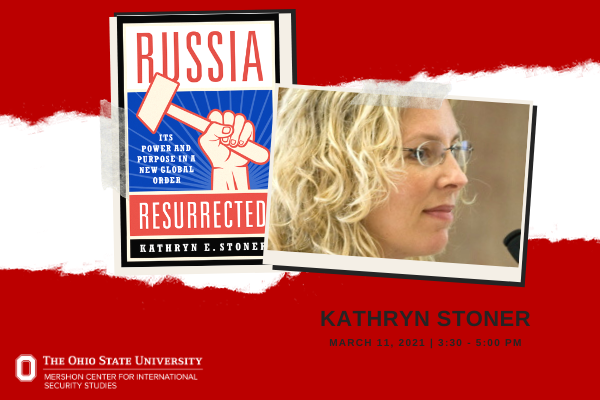
Too often, we are told that Russia plays a weak hand well. But, perhaps the nation’s cards are better than we know.
Russia ranks significantly behind the U.S. and China by traditional measures of power: GDP, population size, over-all health, and military might. Yet 25 years removed from its mid-1990s nadir following the collapse of the USSR, Russia has become a supremely disruptive force in world politics. Kathryn Stoner assesses the resurrection of Russia and argues we should look beyond traditional measures of power to assess its strength in global affairs. Taking into account how Russian domestic politics under Vladimir Putin influences its foreign policy, Stoner explains how Russia has battled its way back to international prominence.
From Russia’s seizure of the Crimea from Ukraine to its military support for the Assad regime in Syria, the country has reasserted itself as a major global power. Stoner examines these developments and more in tackling the big questions surrounding Russia’s turnaround and future as an international actor. Stoner marshals data on Russia’s political, economic, and social development and offers insights that shed new light on its domestic politics. Russian people are wealthier than the Chinese, debt is low, and fiscal policy is well-managed despite sanctions and a volatile global economy. Putin’s autocratic regime faces virtually no organized domestic opposition. Yet, mindful of maintaining control at home, Russia under Putin also uses its varied power capacities to extend Russia’s influence abroad. While we often underestimate Russia’s global influence, the consequences are evident in the disruption of politics in the US, Syria, and Venezuela, to name a few countries. Russia Resurrected is an eye-opening re-assessment of the country, identifying the actual sources of its power in international politics and why it has been able to create so many problems for the West.
